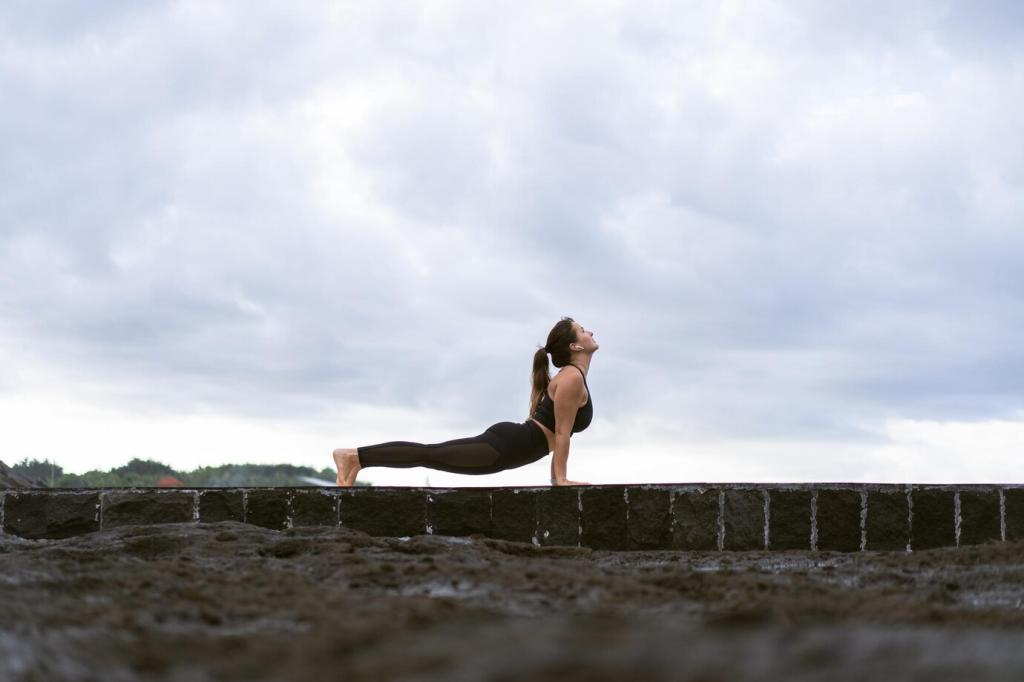Core Techniques You Can Master This Week
Lie on your back, one hand on chest, one on belly. Inhale through the nose, let the lower hand rise, ribs expand sideways, shoulders stay quiet. Exhale softly. Five minutes daily builds coordination and steadier breathing under training stress.
Core Techniques You Can Master This Week
Inhale four seconds, hold four, exhale four, hold four—repeat for four minutes. The equal sides calm mental chatter and sharpen attention before complex lifts or tactics sessions. If dizzy, reduce counts and keep the breath smooth, never forced.
Core Techniques You Can Master This Week
Breathe around five to six breaths per minute—roughly five seconds in, five out. This rhythm often aligns heart and breath, easing tension while keeping you alert. Use during active recovery, easy jogs, or pre-sleep to drift without overthinking.












